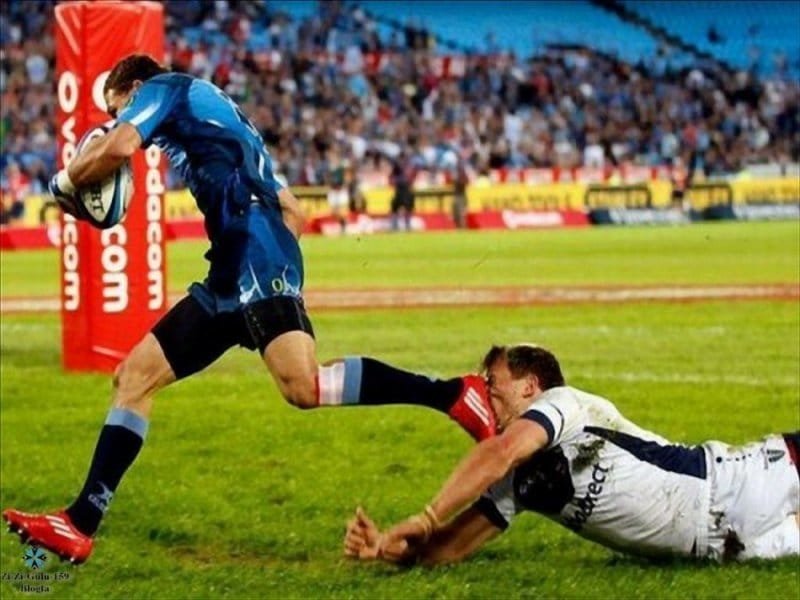The “hassles” of football

Protest, vent, alert, request or even bad mood of the columnist; this post talks about facts and attitudes that, if they disappeared from Brazilian football, we would certainly not miss.
The World Cup has left us close to a different kind of football than the day to day one and has given us a unique opportunity to put into practice the true sporting legacy in our routine. Reflections are necessary so that all those involved with one of the greatest passions of Brazilians can realize where they should change their attitudes to contribute to the best quality of the spectacle offered to the public.
This weekend, talking to friends, watching the championship games and listening to comments from colleagues in the press, I realized that several times people were excited about effect plays, beautiful goals, tactical strategies and individual resources of our athletes, but I heard several times the phrase.
THE TRAFFIC WARDEN
As a referee and now a commentator, many sportsmen and women tell me about their irritation when they watch a match that has a “traffic guard” referee in front of it! This referee is the one who whistles at every moment paralyzing the match too much and scoring a foul in any ball dispute (mainly in favour of the defenders). I have to agree that it is not rare matches directed by referees with this profile.
On the excuse of “not losing control of the game”, these professionals collaborate sensibly so that the game becomes boring. Courage is one of the fundamental characteristics for a quality referee. It is clear, even without being a great expert, when a referee is wanting to “bite” the game to protect himself from problems.

Fond of an outdated philosophy that “the less time the ball is in play, the less likely it is to be confused” this referee does not perceive that he is shortening the time of the show and exposing his limitations. There is nothing more beautiful than a game run, played with loyalty and respect.
THE ACTORS OF THE BALL
After speaking from the side I represented, I feel very much like saying that no referee in the world can put into practice the ideal whistle style if he doesn’t receive the collaboration of the athletes. In our football, the artists of the show often become the actors on the pitch.
I’m not just talking about the most scandalous one who throws himself without being touched, one of the most irritating reasons for the people I’ve spoken to is the athlete who searches for the foul all the time on the pitch. This player is there to first “dig” a foul and then try to make a move.
When he feels the presence of an opponent he forces the receiving of fouls and, at the slightest contact, he lets his body fall to the ground. His intention is clearly to win a set piece, psychologically undermine his rivals and refereeing and, if possible, “dig” cards to hang his markers.
Unfortunately, they are usually skilled athletes who, when they believe in the play, create something much more enjoyable. These players produce theatrical falls of such high quality that we often get the impression that they have broken some part of the body or that they are in an uncontrollable pain after the foul received.
Not rarely, after hearing the referee’s whistle or seeing that the opponent has been warned or sent off, these players rise up and on the next play they print a high-intensity race of leaving anyone’s mouth open by remembering their almost faint state from seconds ago. It is for these and others that athletes take so long to adapt to outside football.
THE JUSTICEERS
Another factor that is really getting more and more boring and must be fought vigorously are the justice athletes. The number of “cakes” of players that are formed at each discussion has been drawing our attention a lot.
I only show this move because it was the game I watched live on time, but I’m sure that this unpleasant scene can be seen every round with all the colors of shirts you imagine. Two players argue after a ball dispute and there appear the “sheriffs”. The intention is not to separate or avoid something bigger between those involved.
They take advantage of the situation to exchange slaps and pushes, verbal offenses and other animosities turning a small discussion into a generalized riot. The orientation for the referees, when there is turmoil of this kind and when aggressions are not noticed, is to punish the “generator fact” of the problem, that is, the two athletes who started the confusion.
But, honestly, I think it’s time to stop this kind of situation that only worsens the image of our championship, instigates violence and gives a bad example to the new generations. If a referee punishes 10 athletes with a yellow card in a move like this he will be called crazy; then the athletes must start this awareness.
If I were a legislator, I would do the following: To use the same criteria for everyone I would warn that from the next round of the championship I would do a strong monitoring job in this kind of situation. First involvement written warning in case they persist in the error, bigger punishments. We need actions to curb any kind of violence in football, and why not say, punish the “boring” moments of the ball game.
The debate is long and a simple column will not describe everything. Wax on the ball replacement when they are winning the game, “crying” coaches in the technical area who use the fourth referee as a psychologist in a public therapy session, “home-made” and impartial banners; what makes football boring?





